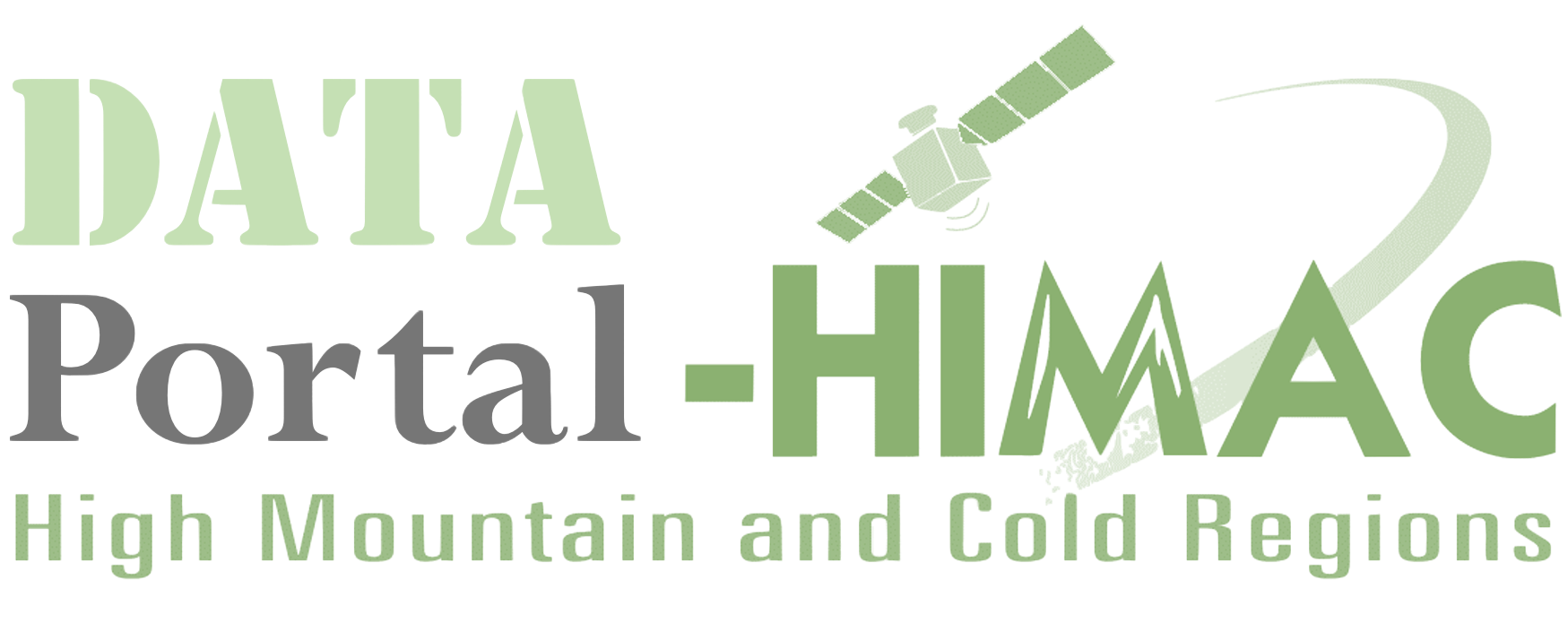You're currently viewing an old version of this dataset. To see the current version, click here.
Southern Ocean Diet and Energetics Database [Draft]
Data and Resources
This dataset has no data
Additional Info
| Field | Value |
|---|---|
| Source | https://www.biodiversity.aq/tools/scar-southern-ocean-diet-and-energetics-database/ |
| Last Updated | April 5, 2022, 07:17 (UTC) |
| Created | April 5, 2022, 07:17 (UTC) |
| Data Management | All SCAR -endorsed Projects should be required to prepare a Data Management Plan which outlines how any data captured, modelled or acquired will be managed both during the life of the project and beyond. All Data Management Plans should articulate the resources required to implement the plan and outline where data will be hosted for long-term curation A Data Management Plan template is attached to theSCAR Data and Information Strategy, which demonstrates the types of issues to be considered in such a Plan (see SCAR DIMS Appendix 5). |
| Data Policy | "SCAR data are those data generated under the auspices of a SCAR-sponsored Research Project. This policy applies specifically to those data. It should be recognized, however, that SCAR researchers will use SCAR-relevant data from non-SCR sources, such as from existing operational data networks and historical national sources. Wherever possible, data used in SCAR Projects that are not SCAR generated, should be treated similarly to SCAR data, where copyright permits and it is practical to treat these data according to SCAR Data Policy norms. A small subset of data both generated and used by SCAR may require special policy and access considerations, because they need to be legitimately restricted in some way. Access to these data may be restricted because they are about human subjects, because there may be intellectual property issues, or because there is a situation where release of the data may cause harm to the public or environment (e.g. the location of nesting sites for an endangered species). Metadata are essential to the discovery, access, and effective use of data. All SCAR data should be accompanied by a full set of metadata that completely documents anddescribe the data. In accordance with the ISO standard Reference Model for an Open Archival Information System (OAIS) (CCSDS 2005), complete metadata may be defined as all the information necessary for data to be independently understood by users and to ensure proper stewardship of the data. Regardless of any data access restrictions or delays in delivery of the data itself, all SCAR Projects should promptly provide basic descriptive metadata of collected data to the Antarctic Master Directory(AMD) system." |
| Data Sharing Principle | "SCAR adopted a Data and Information Management Strategy (DIMS) developed by SCADM to ensure that the scientific user community has adequate access to data and information. In accordance with: the Twelfth WMO Congress, Resolution 40 (Cg-XII, 1995) the Thirteenth WMO Congress, Resolution 25 (Cg XIII, 1999) the ICSU 1996 General Assembly Resolution the ICSU Assessment on Scientific Data and Information (ICSU 2004b) Article II 1c from the Antarctic Treaty the Intergovernmental Oceanographic Commission Data Exchange Policy and in order to maximize the benefit of data gathered under the auspices of SCAR Projects, the SCAR Executive Committee (EXCOM) requires that SCAR data, including operational data delivered in real time, are made available fully, freely, openly, and on the shortest feasible timescale. The only exceptions to this policy of full, free, and open access are: where human subjects are involved, confidentiality must be protected; where data release may cause harm, and where specific aspects of the data may need to be kept protected (for example, locations of nests of endangered birds). ICSU (2004b) defines ""Full and open access "" as equitable, non-discriminatory access to all data preferably free of cost, but some reasonable cost-recovery is acceptable. WMO Resolution 43 uses the terms ""Free and unrestricted "" and defines them as non-discriminatory and without charge. ""Without charge"", in the context of this resolution means at no more than the cost of reproduction and delivery without charge for the data and products themselves. " |
